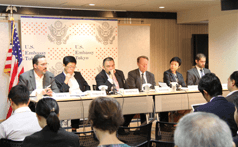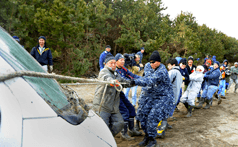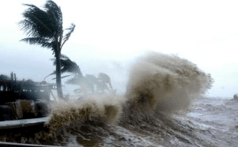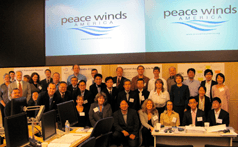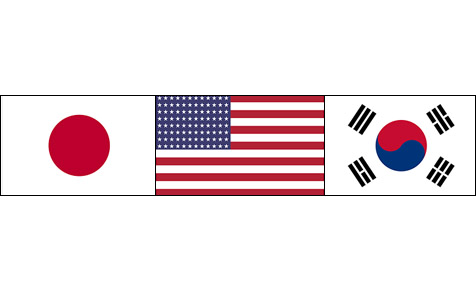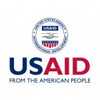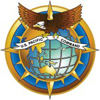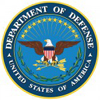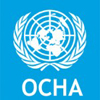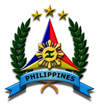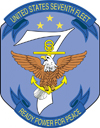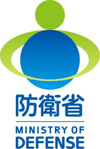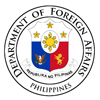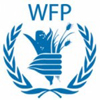Preparedness Initiatives
Why Preparedness?
Investing in Disaster preparedness is the foundation for effective and efficient response that saves lives and resources. Studies also show that $1 spent in preparedness saves $4-$11 in future response costs.
PWA prepares the most disaster-prone region in the world to cope with the forces of nature. Our focus on preparedness training and coordination prevents a natural disaster from becoming a humanitarian crisis.
“Greater readiness is the foundation for effective disaster response. Peace Winds America’s network connects U.S. and Japanese resources and information to communities around the Pacific that need them most. We cannot control nature, but preparation and cooperation can keep a natural disaster from becoming a humanitarian crisis.”– Retired U.S. Representative Jim McDermott, Former Honorary Chairman of the Board, Peace Winds America
PWA Preparedness Approach
Peace Winds has an innovative “whole of society” approach focusing on the coordination and collaboration of governments, militaries, NGOs, and the private sector within countries and across borders in the Asia Pacific region. PWA designs and implements preparedness initiatives specifically tailored to the needs and interests of individual countries and their collaboration with others in the region.
PWA preparedness initiatives are comprised of trainings, forums, exercises, and networking events that build sustainable working relationships when disaster strikes. Utilizing a wide network of experts from the U.S., Japan, UN, and other partners, PWA builds capacities to strengthen domestic preparedness and response and effectively coordinate assistance across borders.
PWA Preparedness Initiatives
Previous Preparedness Initiatives have focused on national and regional collaboration, including a bilateral Japan-U.S. Initiative and trilateral Initiatives with the Philippines-Japan-U.S. and Korea-Japan-U.S. PWA’s newest preparedness initiative is the 2017-2018 Taiwan Disaster Preparedness Initiative. Due to its susceptibility to natural disasters, geographic location, and ability to provide assistance to others, Taiwan is a welcomed partner.
PWA has also implemented innovative initiatives involving sister cities in the U.S. and Asia Pacific. These programs bring together stakeholders from the municipal level to exchange experiences and best practices to strengthen disaster resilience of cities. PWA’s recent sister city exchange program was implemented in Vietnam and focused on public-private partnerships and business continuity. A prior sister city exchange involved San Francisco, Seattle, and Honolulu with the respective Japan sister cities (Osaka, Kobe, and Hiroshima). Currently PWA is exploring another sister city program involving additional cities along the Pacific Rim.
Preparedness Outreach
PWA shares its expertise in numerous disaster preparedness trainings and forums each year hosted by its partners, including APEC, U.S. State Department, U.S. Department of Defense, the Japan National Defense Academy, a variety of think tanks, and others. We welcome opportunities to partner with others to strengthen disaster preparedness and response capacities. Please feel free to contact us.
Disaster Preparedness Initiatives
Participants and Partners
The strength of our Preparedness Initiatives lies in our partners. We draw our participants from military organizations, government agencies, NGOs and nonprofits, and the private sector. Establishing rapport, lines of communication, and collaboration among these organizations is essential for when disaster strikes. Participants in our programs include:

